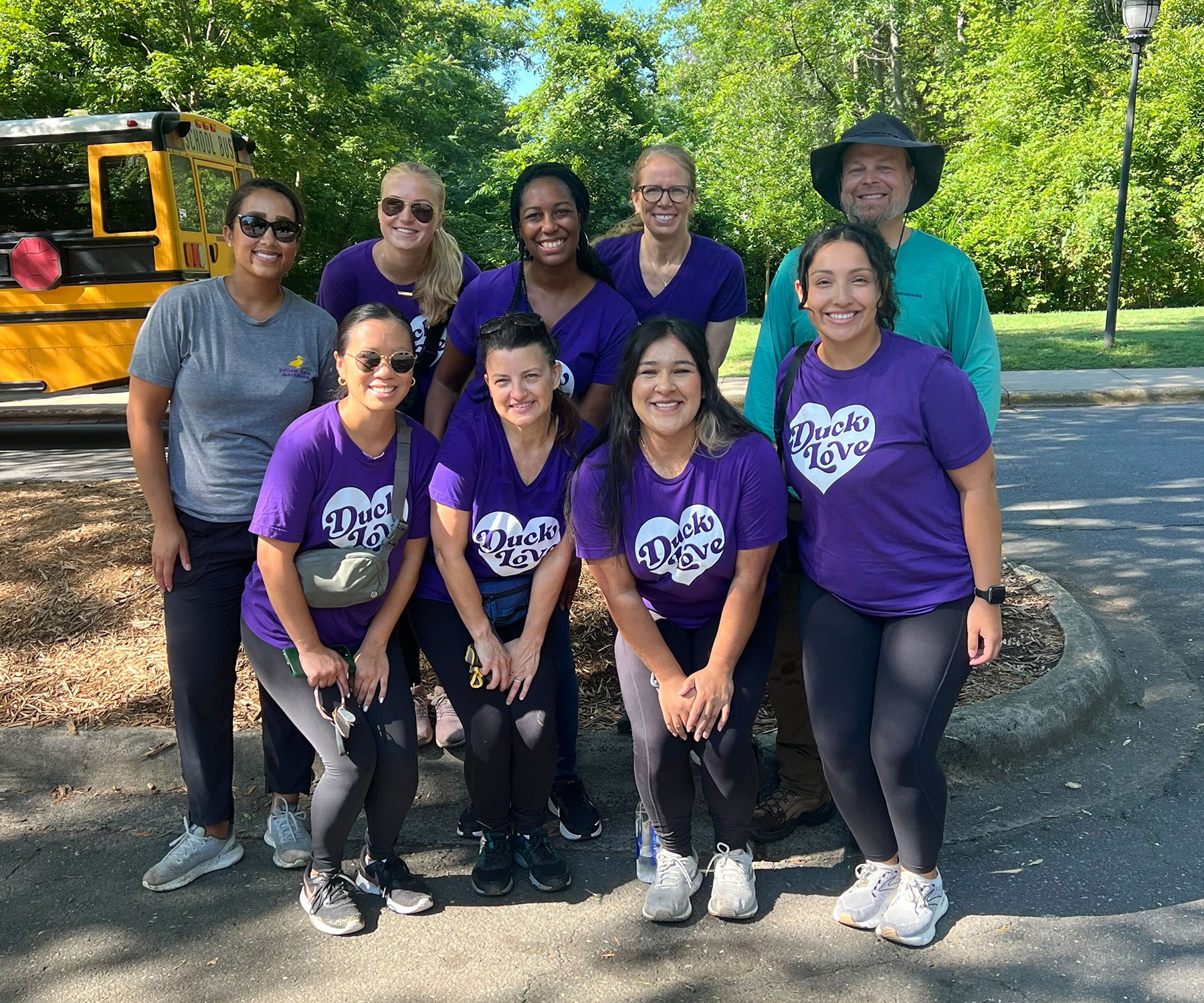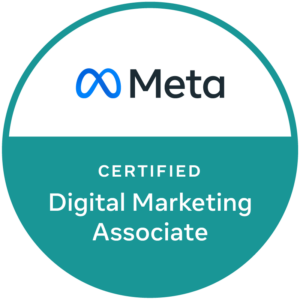Last month, Inc.com published an intriguing story about an often confusing or tedious subject matter (depending on who you are)- search engine optimization (SEO).
The author Neal Cabage, digital marketing pro, abruptly puts an end to the thought process behind the historic, reactive approach to SEO. He points out the futility of common SEO practices-including HTML meta tags, citations, keyword stuffing and link building-as search engines continue to evolve and make it impossible for savvy, big-name brands to artificially influence rankings. His analysis leaves us with the notion that the future of SEO has less to do with calculated algorithms and a lot more to do with real-world brand reputation- go figure.
This break is big news for local businesses that have previously struggled in competition with larger companies for rankings on search engine result pages (SERPS). As search engines, like Google, continue to redefine their definition of site “quality” as it pertains to online content, tactical methods are becoming obsolete and ultimately, too expensive for many businesses to keep up with.
Going forward, in order for small businesses to effectively compete and thrive among big names, they should focus on building real-world brand reputations by offering unsurpassed products, services and customer experiences. Providing this “Whoa!” experience will positively affect businesses by leveraging the most powerful, inexpensive marketing tool-word of mouth (WOM).
Which brings us to our next point. While offline brand reputation should be your primary focus, we would be remiss if we did not mention the importance of Social SEO. Social SEO is the idea that social media engagement plays a critical role in landing your company on SERP. All of those people that you impressed with your fabulous customer service need a platform to post their wonderful experiences through pictures, links and comments- make sure that your social media profiles are ready to handle all of the love!
So how can a small business owner capitalize? In one word, optimize. As WOM spreads and more and more consumers are searching for your business, they’re going to be flocking to search engines, like Google, to find out as much as they can about your product or service. The best thing that you can do as a small business owner is to optimize your online profiles to include as much pertinent information as possible.
In your social media profiles, (Google+, Facebook, Twitter, LinkedIn, etc.) describe your business using phrases that potential consumers would most likely type in a search engine. For example, it is more effective to describe your local BBQ restaurant as “Best Eastern NC BBQ in Charlotte” as opposed to “Eastern NC BBQ.” While this may yield less “hits” per search term, the hits that you do get will be more qualified. According to Tim Martell of Soshable.com, long tail keywords account for the majority of searches and search-driven traffic. Using less common words or phrases to describe your business means that you immediately become a “big fish” in a smaller pond. Simply put, consumers that are looking specifically for the products and services that your company offers will be able to find you, faster.
In addition, you should focus on leveraging your online profiles- this means that you should cross promote by linking your website to your social channels and vice versa. You should also consider linking outside content (outbound) that may support your product or service and give your brand a competitive edge. By doing this, you are effectively driving traffic and granting consumers access a multitude of valuable content.
Remember, the key to new-age SEO is sharing- don’t be afraid to include social share buttons to encourage users to spread the love. The best thing you can do for your small business is to offer a platform that enables customers to brag about you- and when you positively interact with them, it positively reinforces their behavior.










Leave a Reply